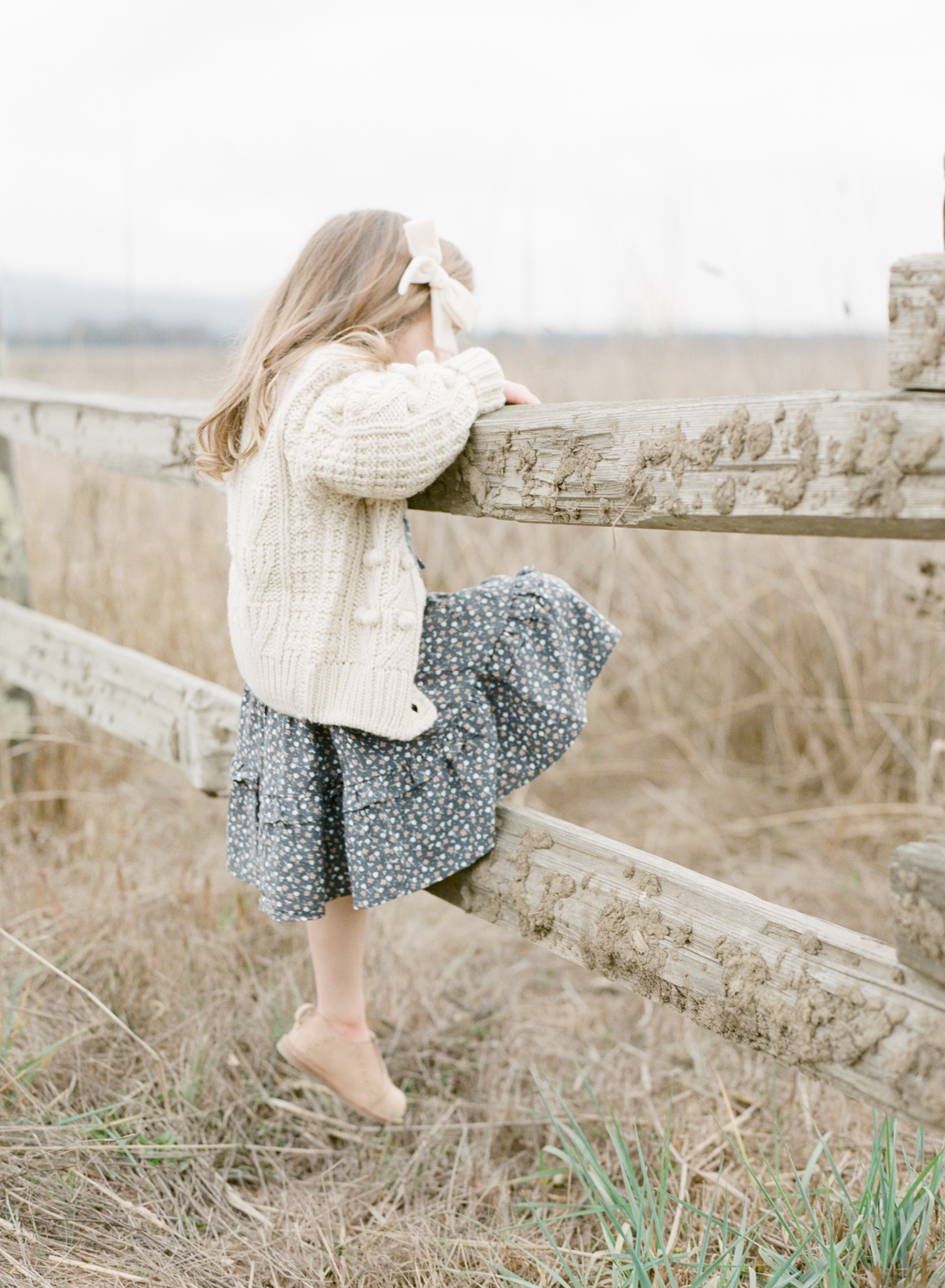Resolving Conflict With Your Children
As parents, we aren’t always the best at resolving conflict with our children. We’re accustomed to juggling many things at once. School, work & every after school activity ever invented? No sweat. Kids lunches, morning coffee and the lasagna for your potluck at work? Easy! Managing the endless love for your children with the sometimes all too real feeling of frustration while you argue through bedtime, over curfew or what high school courses they should be taking to get early acceptance into university?All of a sudden we feel guilt for being short with our kids, shame for raising our voice in an argument or longing for just one weekend of our previous child-free life.
When it comes to children and conflict, it can be challenging to remain cool, calm and collected. Whether you’re in direct conflict with your child or witnessing them going through conflict within their own lives, the following tips will help you show up more authentically and open while working through conflict with your children.
PinPoint The True Cause of Conflict
Heightened emotions and reactions can quickly fan the flames of a heated argument and this is even truer when it comes to arguing with those we care about. When it comes to conflict with your children, it can sometimes be hard to identify the cause of the issue in the first place.
Maybe your son didn’t get enough sleep, so now he’s tired and wired throughout the day or maybe your child isn’t struggling with math because they’re not applying themselves, but because they’re not understanding their teacher’s instructions.
During an argument it can help to press pause from the heat of the moment and try to identify the cause of the conflict at hand. Keep in mind that when parenting little children, the answer to this question may not be clear to them or they may identify their emotions through physical feelings or sensations instead.
Problem-Solving Through Conflict
When in conflict with children, it’s important to give them space to problem solve and develop creative solutions. When in relationship with others (children included) it’s important to hold our own boundaries, while also honoring and respecting the other. It’s also a continued investment into each other and with that comes compromise.
Compromise can lead to creative bonding experiences with your child as you navigate roadblocks and problem solve to move forward.
Empower Through Example
The old saying “Do as I say, not as I do” is certainly one way to parent, however, we find leading by example to be a good guiding principle, especially when it comes to parenting during conflict.
Our children are constantly learning skills from us. This includes what is and isn’t acceptable when arguing or in conflict with others. It’s important to use strong conflict resolution strategies in all of our relationships, including with your partner, friends and at the workplace as our children are always picking up tibbits of information and strategies from us.
Acknowledge Your Own Biases Or Blind Spots
Children can be our greatest teachers.
By giving ourselves grace and understanding that as parental figures, we are still a continued work in progress, we can then identify when we’re using inappropriate strategies or even adopting strategies that are not our own, but borrowed from our parents or their parents before them.
When in conflict with our children we also have the opportunity to listen, learn and grow beyond our own mindsets. Think of your dedication to conflict resolution as a muscle which will be flexed and stretched in order to grow.
Explore the Art of Apology
Mastering the art of the apology and helping your children develop their own strategy is vital.
When we are in conflict with others it can be easy to step back and let some time pass, hoping it will heal everything. Likewise, you can easily accept a half-hearted apology from someone else, because it’s what we think is expected of us.
Learning to say your sorry, admit your mistakes and make a real promise to change or make something right are the three keys to a good apology.
It’s important that we teach our children how to uphold a good apology and how to identify when an apology doesn’t meet the mark. It’s through this process that we give them the tools they will need to grow in life and in relationships with others.
Looking for additional help working through conflict with your children and others around you? Contact us today!








